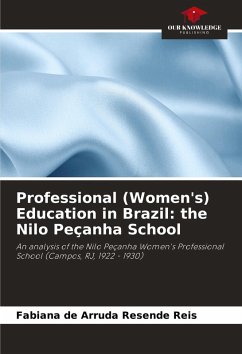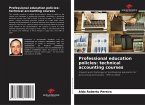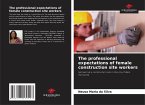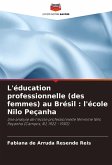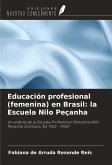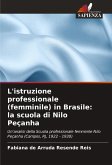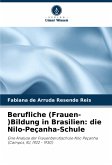The history of Brazilian education is heterogeneous and plural; it is shaped by a multiplicity of institutions, laws, cultures and subjects. One of these institutional histories is addressed in this work by Fabiana Reis. Through an analysis of the early years of the Nilo Peçanha Women's Professional School in Campos, she provides a portrait of the formal post-primary education reserved for less well-off women in the first decades of the 20th century, in a city in the interior of the state of Rio de Janeiro. With clear and direct writing, Fabiana presents readers with an analysis of a type of institution that has been little studied in Brazilian historiography. The result of research that prioritized unpublished school documents, the book shows the content transmitted and the behaviors to be inculcated, as well as the disciplinary practices adopted by the teaching staff, inspectors and principal. With an extensive course load, the students were introduced to the world of science, letters and numbers, but above all to threads, fabrics, embroidery and sewing. A must-read for anyone interested in the history of education and women's history. Text by Silvia Martinez, PhD in Education.
Bitte wählen Sie Ihr Anliegen aus.
Rechnungen
Retourenschein anfordern
Bestellstatus
Storno

